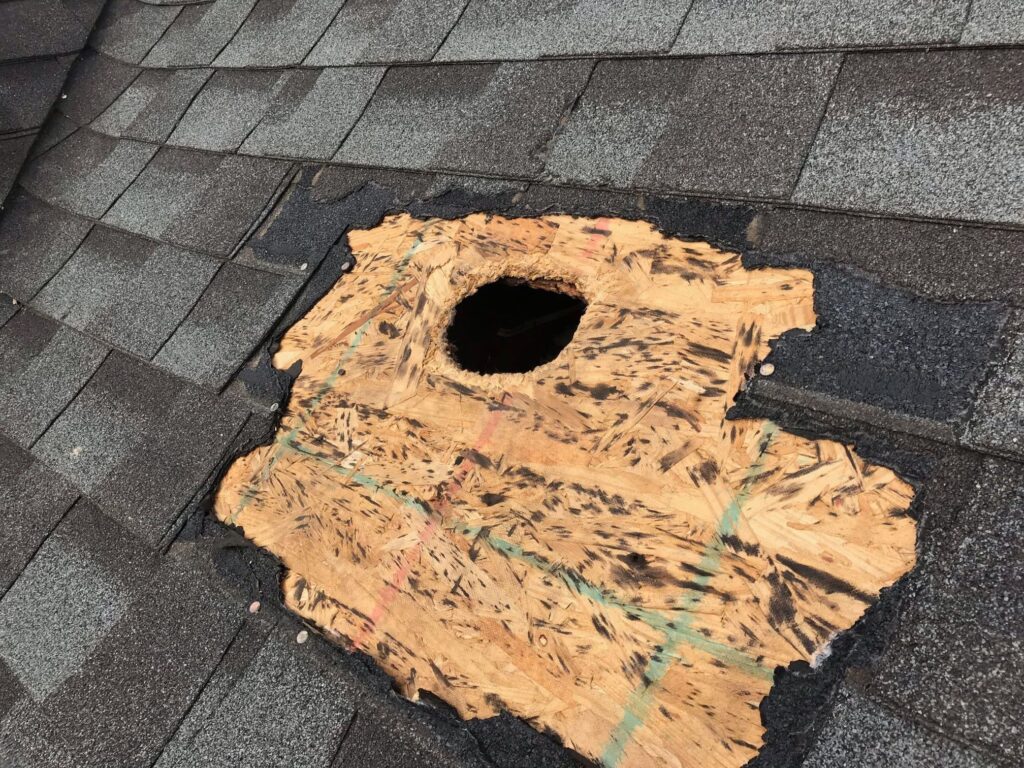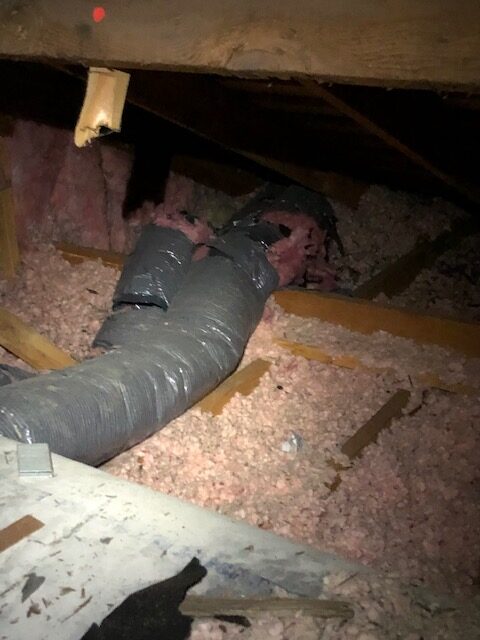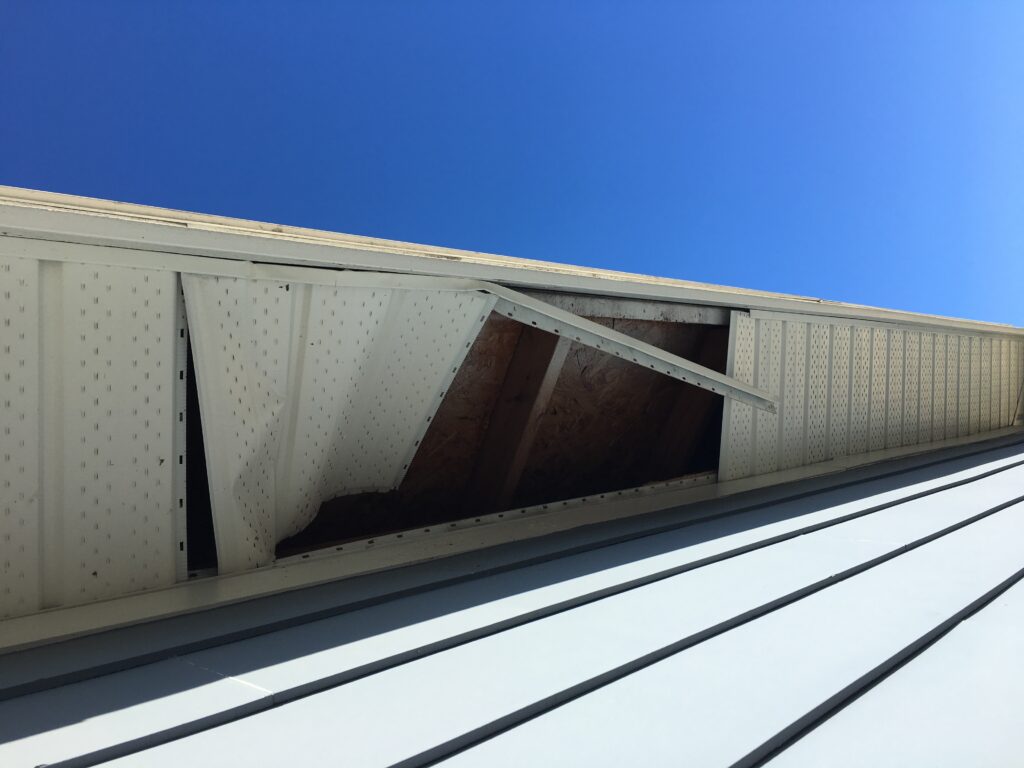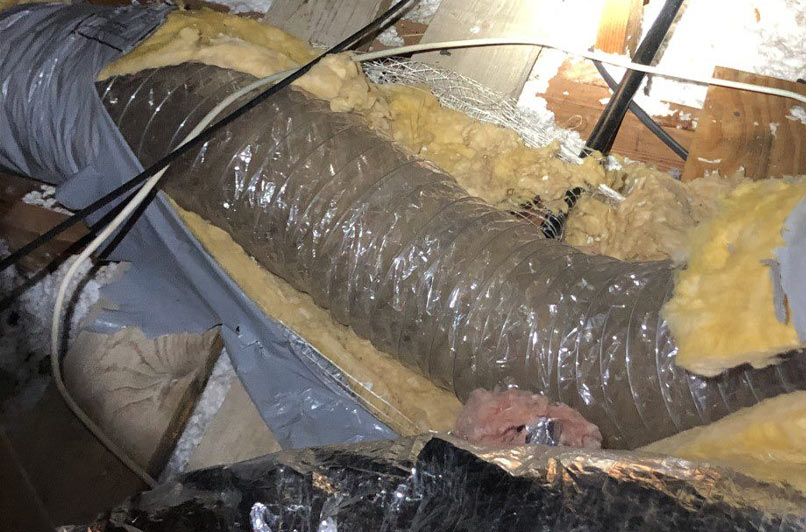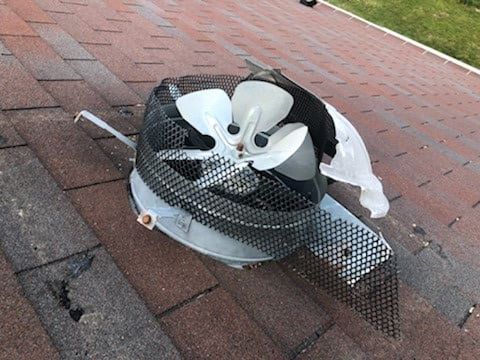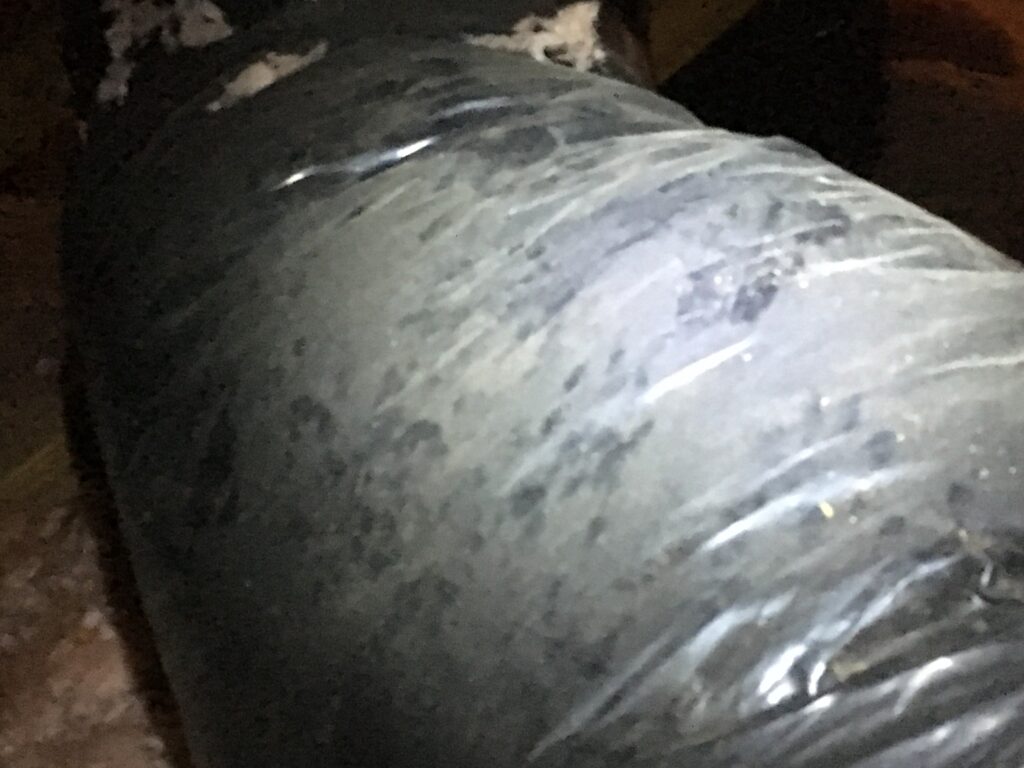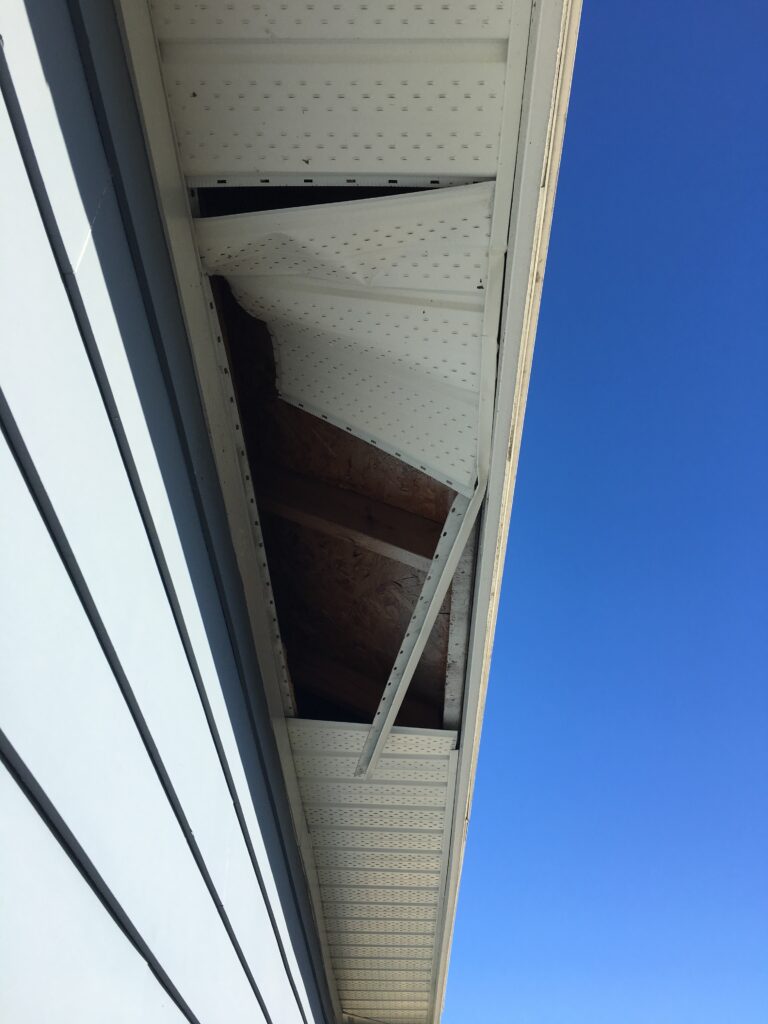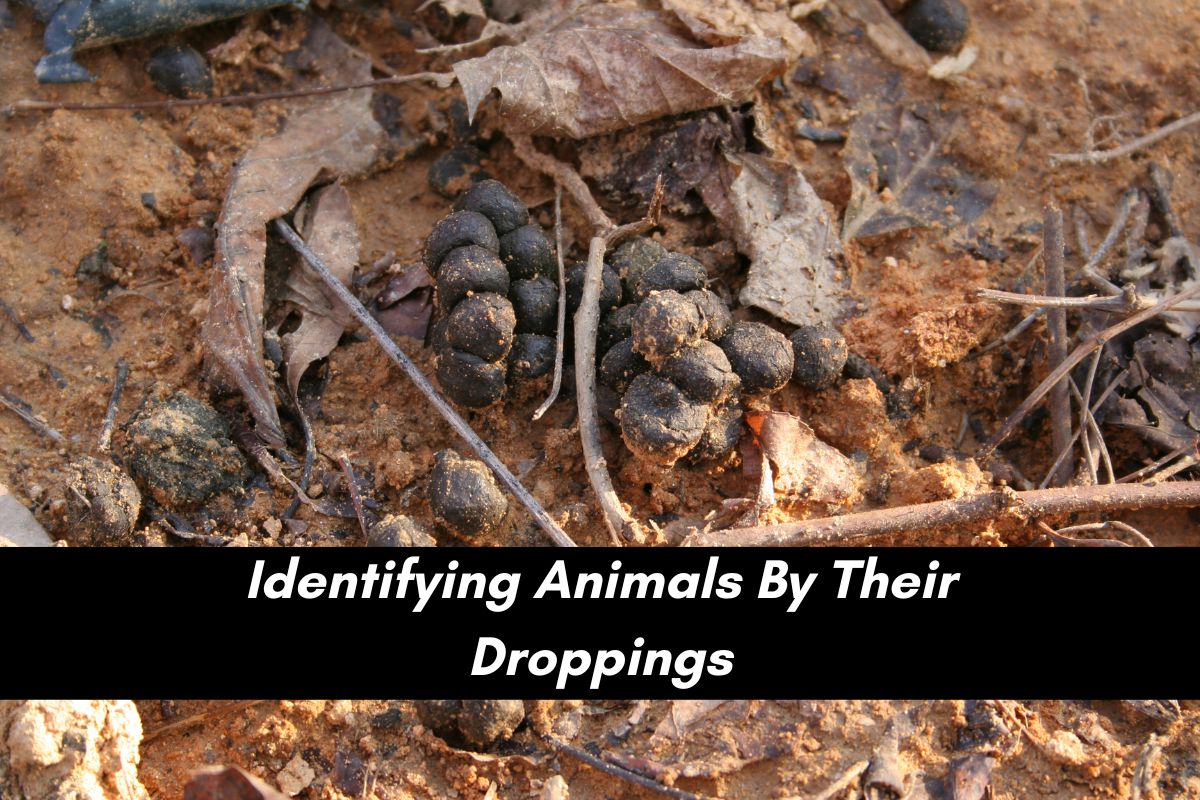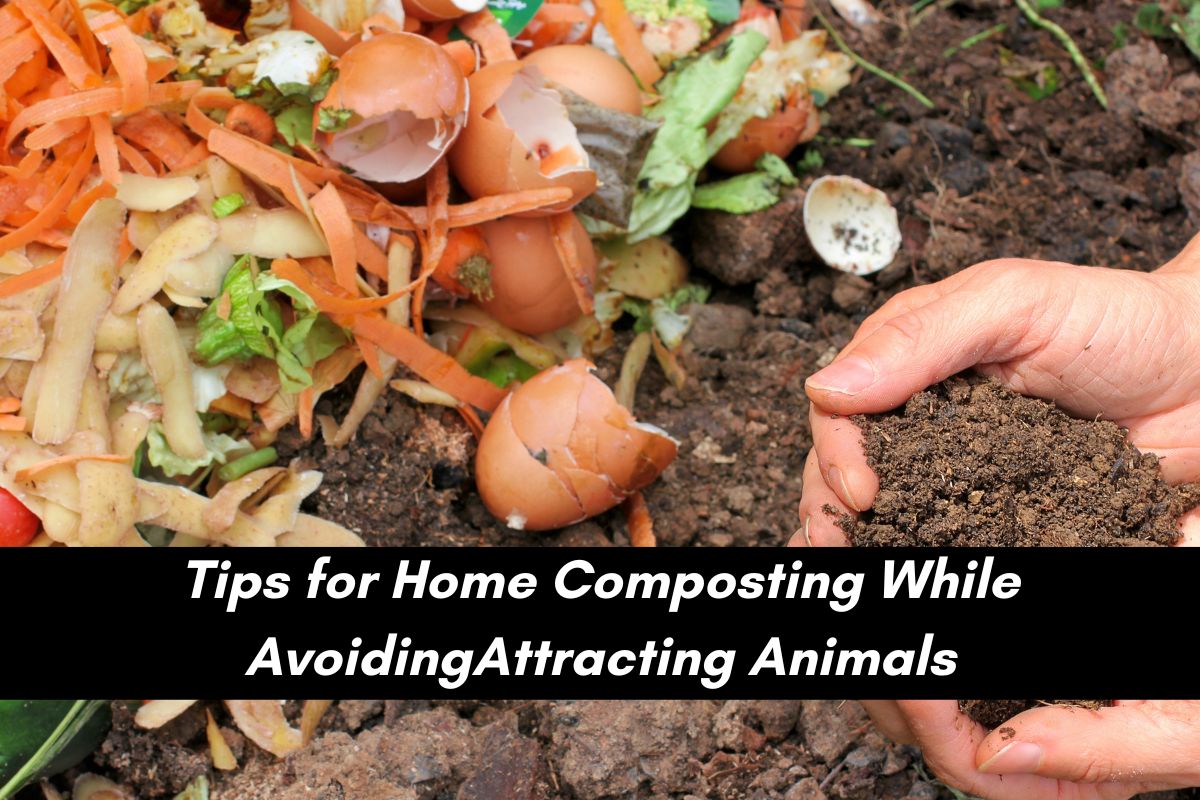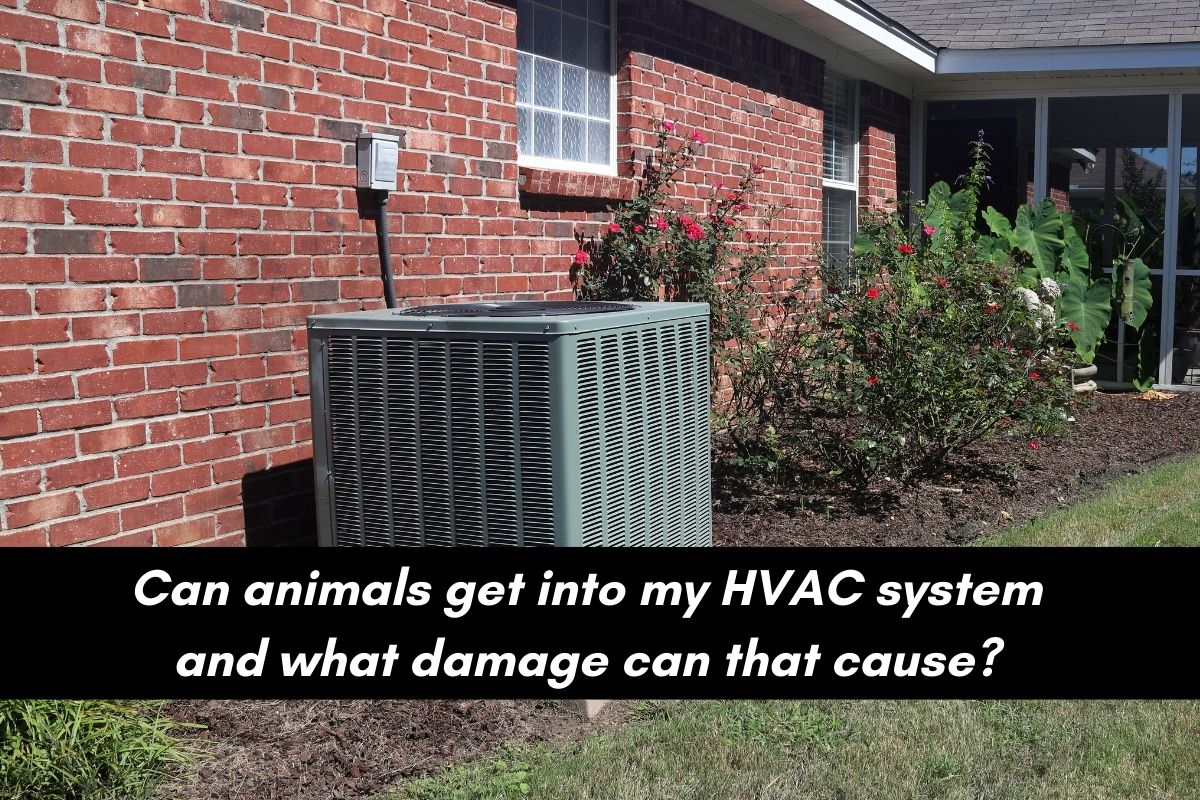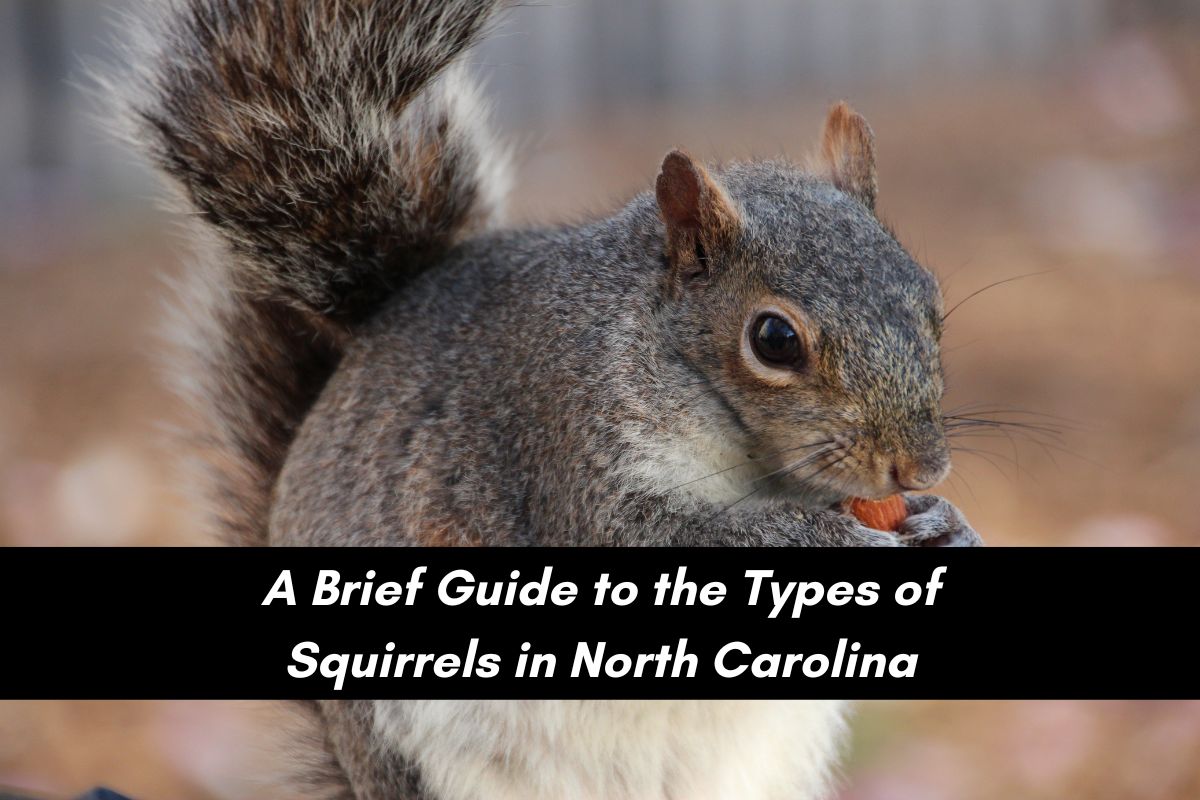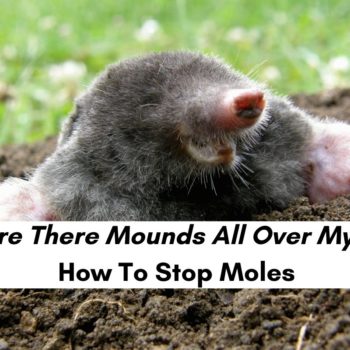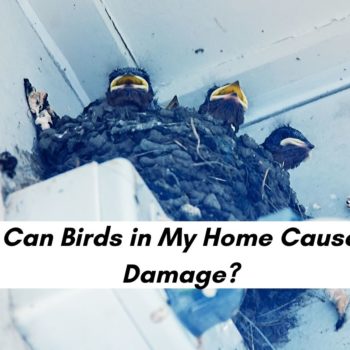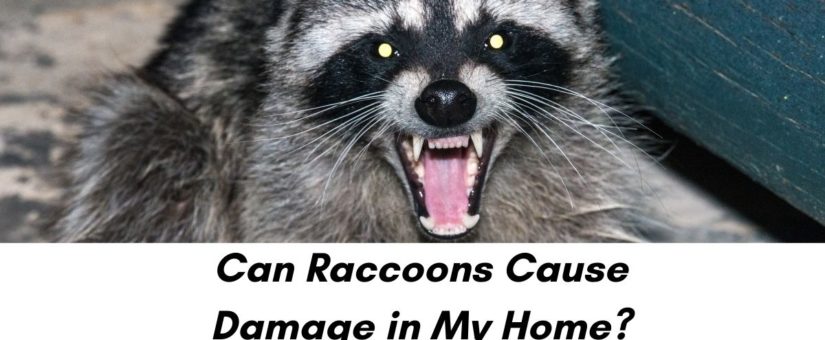
Can Raccoons Cause Damage and Are They Dangerous?
- Posted by AdminBW
- On February 19, 2021
- 0 Comments
Raccoons are no joke. These unique animals, which are relatives of bears, weasels, and — maybe most closely — pandas, can cause a lot of damage to property and harm to pets. Raccoons operate at night, making them more difficult to spot and stop in the act. But Triangle area homeowners can learn what type of damage is done by raccoons and how to prevent it from continuing (or happening in the first place).
Common Raccoon Damage
Raccoons have very strong paws and sharp claws. They are also very forceful in obtaining the food and shelter they need from the environment, which for them includes your property. Here are just a few ways they are known to cause damage to Triangle area properties.
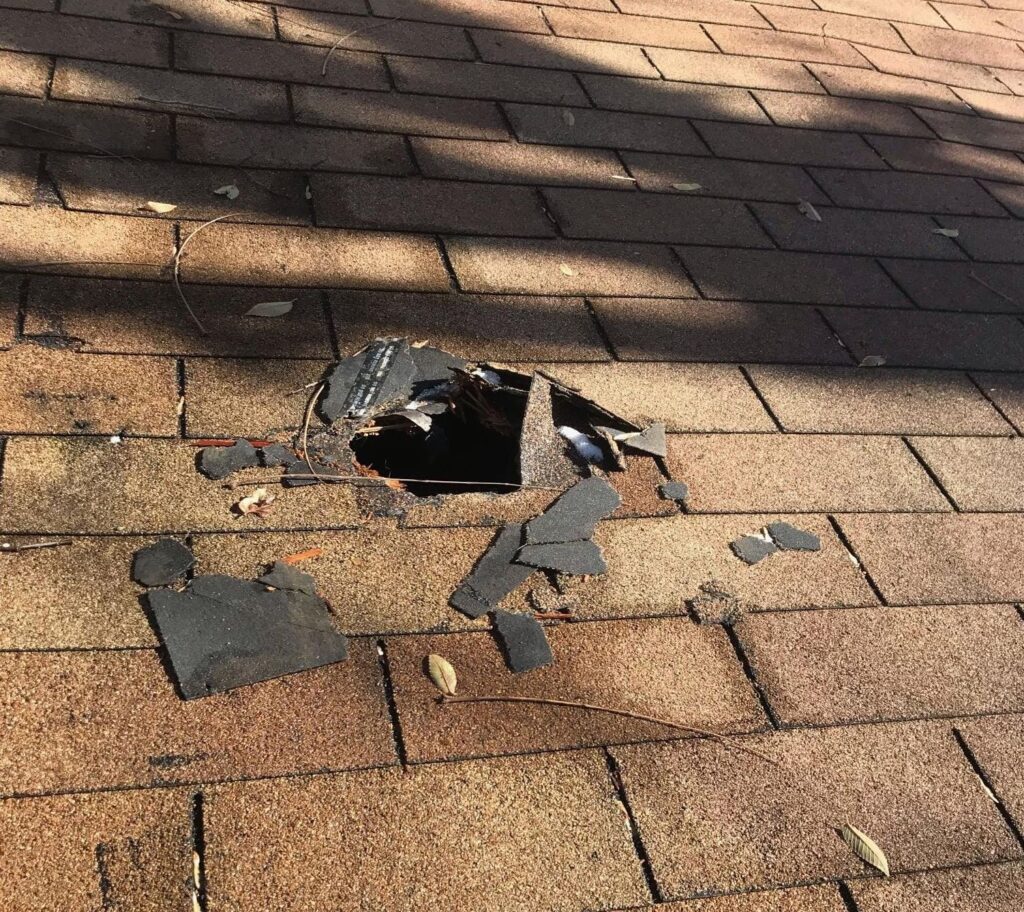
- “Trash panda” mayhem: Because of their relation to pandas, and their obsession with trash, raccoons have been dubbed “trash pandas.” But it’s not as funny when it’s your trash being knocked over and spread around, or your trash cans chewed through.
- Attic attacks: This is where a big chunk of raccoon damage comes in. Raccoons like a good warm den, especially ones high up, like in a tree cavity. And your attic can do a great job at keeping them high and dry. Female raccoons will build nests in your attic. They often tear open the insulation in that attic to build nests. This decreases the thermal efficiency of your home and may result in higher heat bills. Raccoons may chew and claw through wooden beams, insulation, electrical wires, pipes, ductwork, and other structural components, potentially causing serious damage to the attic and your home’s infrastructure.But perhaps the most worrisome damage raccoons cause is to electrical wires. These frayed wires represent a significant fire risk.
- Roof rampages: Raccoons are fairly industrious when it comes to finding a way into your home. When possible, raccoons will exploit an existing hole. Despite the fairly large size of raccoons, the hole doesn’t have to be big. An adult raccoon can fit into a hole the size of a softball (3-4”). A raccoon will create or expand holes, tear off roof shingles, or destroy vents.
- Raccoon latrines: When they den in residential areas, raccoons create separate latrine sites. They consistently return to these locations, which are commonly found on roofs, in attics, woodpiles, haylofts, and on or under decks. Their accumulated feces and urine quickly destroy insulation and saturate woodwork. Their feces spread raccoon roundworm, which is a serious health hazard for residents repairing raccoon damage to homes. In addition, fleas and ticks in raccoon fur can transfer to people or pets.
- Battles with pets: Raccoons are about the same size as a big cat or a small dog, but they are likely more viscous because they are wild animals. They also carry diseases. Where conflicts arise is often over food. If you leave a pet dish on your porch overnight, the raccoon may start to see that as its food supply, not your pets. When your pet goes out to get something to eat, the raccoon may get territorial.
- Yard scrounging: There are all kinds of other items of interest to a raccoon in your yard too. They may dig up plant beds or lawns to get at grubs and worms. They may go fishing in your coy pond. And they may even take down your bird feeder and help themselves, keeping the wildlife you did want (beautiful birds) away.
What to do when you notice raccoon damage on your property
While raccoons are tough and can be frustrating to deal with, if you know what they’re after, you can make your property less attractive to them. Here are a couple of steps you can take.
- Secure your trash: Consider using a metal trash can, holding down the lid somehow and not leaving trash outside for long periods of time.
- Remove food supplies: Bird feeders, pet dishes, fish ponds and other supplies of constant food are just too attractive to pass up for a raccoon. Remove these and they may move on.
- Cut back branches: If branches are overhanging your roof, cut these back so they will not have quite so easy access to your attic.
When you’ve tried these tips, if raccoons are still causing damage, those in Wake, Durham, Orange or Chatham counties, can call Critter Control of the Triangle at 919-382-0651. We are experts in locating and removing problem pests, including raccoons, and will be happy to help.
Photos of Raccoon Damage in Raleigh-Durham
